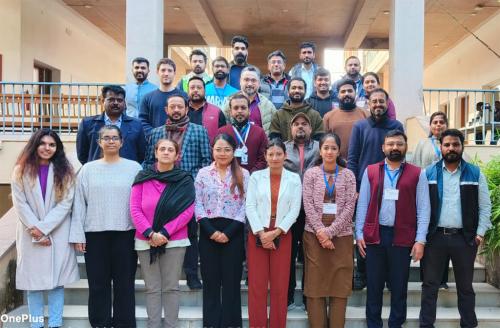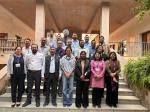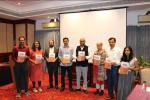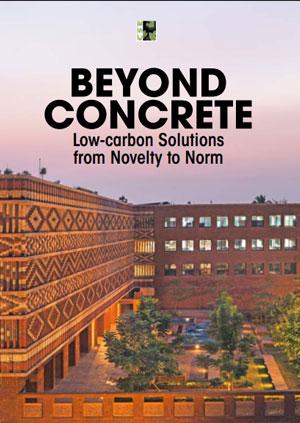Work Overview
The current performance of cities is poor across key indicators of quality of life. A sector report by McKinsey (2010) indicates substantial shortfalls in clean water supply and management,solid waste management, public transportation and affordable and liveable housing supply. By 2030, 250 million people will be added to the urban population, who will require 700-900 million square meters of new residential and commercial space (Census 2011; McKinsey Global Institute, 2010.
On current trends, quality of habitat is going to deteriorate even further and the service gap will increase by three to four times.Further, the economic and environmental costs of such scenario are going to be extremely high.
SE’s programme on Sustainable Buildings and Habitat
MORE +















